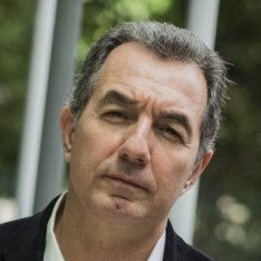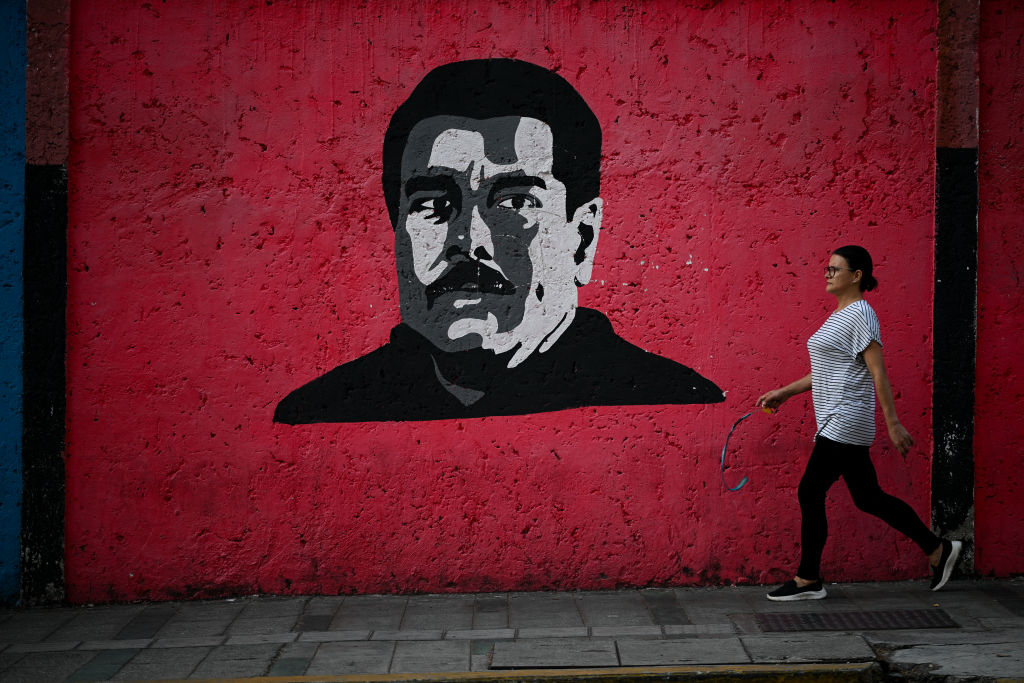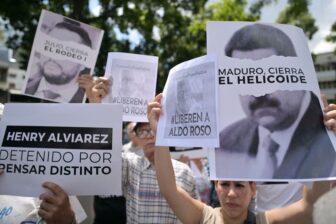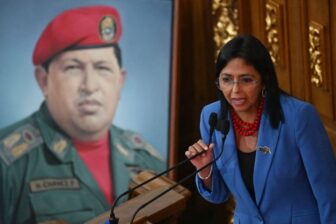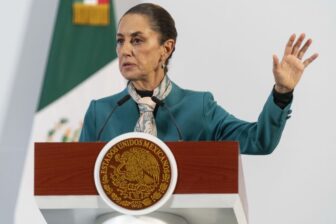CARACAS – On July 28, Venezuela held presidential elections. It was the seventh time that the opposition took on Chavismo in a presidential vote and the third since Nicolás Maduro took office following the death of Húgo Chávez in 2013. But it was the first time in 26 years that the opposition defeated Chavismo in an undeniable and emphatic way, winning twice as many votes as the government’s candidate.
On Friday, Nicolás Maduro intends to ignore that result and inaugurate himself as president again, this time for a third term. But despite whatever ceremonial trappings we see this week and the possible deepening of repression, evidence suggests Maduro will fail to achieve his goal of turning the page and returning Venezuela to a climate of normalcy in months ahead.
Indeed, public opinion polls show that most Venezuelans clearly understand what happened in July: Edmundo González won. A large majority demand action and also believe that any future political change does not depend on third parties but on the same Venezuelans who won the electoral victory, whose credibility and leadership continue to get high marks despite everything that has transpired since.
These polls suggest that more than 50% of Venezuelans support protests against Maduro, and some 20% are willing to participate – which, if true, would be well above turnout in past marches. María Corina Machado, the opposition’s leader, has called for renewed protests on Thursday.
What people are willing to do to ensure that a political change materializes remains unclear—the personal risks involved are high. The kidnapping of González’s son-in-law on Tuesday, plus other moves by Venezuela’s security apparatus, show that the risks to opposition leaders and everyday Venezuelans are considerable. International pressure and the decisions of national institutions, especially the armed forces and the police, which can decide to intervene in or stand aside from popular demonstrations, could seal the fate of the following political era.
But even if Maduro manages to suppress dissent and be officially reinaugurated, he will not achieve the results he wanted from agreeing to elections in the first place. That was to restore at least some of the legitimacy he had lost at home and in the international community, a goal now seemingly out of reach. To add to the already contentious scenario, González has pledged from exile to be in the country on Friday without providing details about how. His intention marks the possibility of having one country with two presidents while the international community monitors the events closely after almost eight million Venezuelans have left in what’s considered one of the largest human displacements in recent history.
International scrutiny
The opposition has the support of the international community. Only a few governments have recognized Maduro as president-elect thus far. On the contrary, the current U.S. administration and representatives of the incoming government, such as nominee for Secretary of State Marco Rubio, have expressed their support for the return of democracy to Venezuela. Likewise, the European Parliament and others, such as Italy, the Dominican Republic, Panama, Ecuador, Argentina, Uruguay, Paraguay, Peru, Costa Rica, and the U.S., recognize González as president-elect.
In response, the Venezuelan government is already opening communication channels with the incoming Trump administration. Maduro seems ready to agree to improve conditions for U.S. oil companies, reduce migration from Venezuela, and accept deportation flights if the U.S. agrees to stop interfering in Venezuela’s politics.
Trump’s recent statements and his initial selection of foreign policy officials—including Rubio as Secretary of State, Christopher Landau as deputy to Rubio, Michael Waltz as National Security Advisor, and Mauricio Claver-Carone as an envoy to Latin America—indicate his administration will take a tougher line than President Joe Biden, who opened negotiations and relaxed oil sanctions against the Venezuelan government.
The cloud of hegemonic authoritarianism
There is a very clear link between Venezuelan politics, migration, and even hemispheric security, given the Maduro government’s alignment with counterparts in Russia, Belarus, Iran, China, North Korea, Cuba, and Nicaragua, among others. It is no secret that as long as Maduro stays, Venezuelans will migrate to other countries in search of a better future for themselves and their children. According to studies by the Venezuelan Diaspora Observatory, about 1 million Venezuelans will leave the country in 2025 if Maduro remains in power. Conversely, half of those who have left—about 3.5 million people—would be willing to return if there were a change of government.
If a democratic transition does not occur, the country will enter an even darker stage of hegemonic authoritarianism. The emboldened regime will be even less concerned about appearances of electoral legitimacy and will instead turn to greater repression. This will lead to an exponential deterioration of living conditions, more migration, and greater dependence on China, Russia, and Iran.
As we stand, there will be a new escalation of tensions on January 9 as Maduro attempts to hold firm, Machado leads demonstrators in the streets, and González prepares to be sworn in. But overall, a tough road awaits Maduro – even if he ultimately considers this week a “success.”


